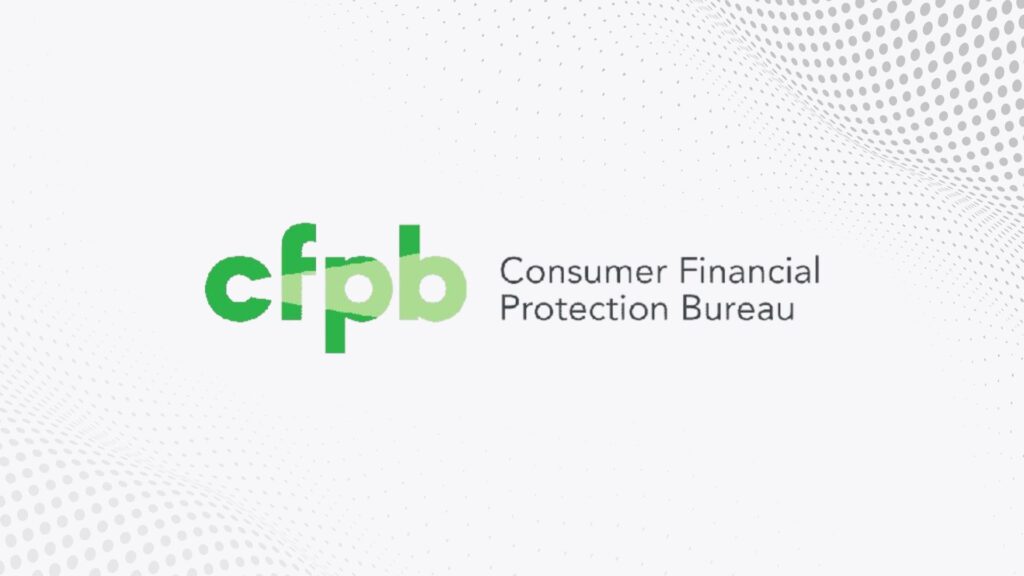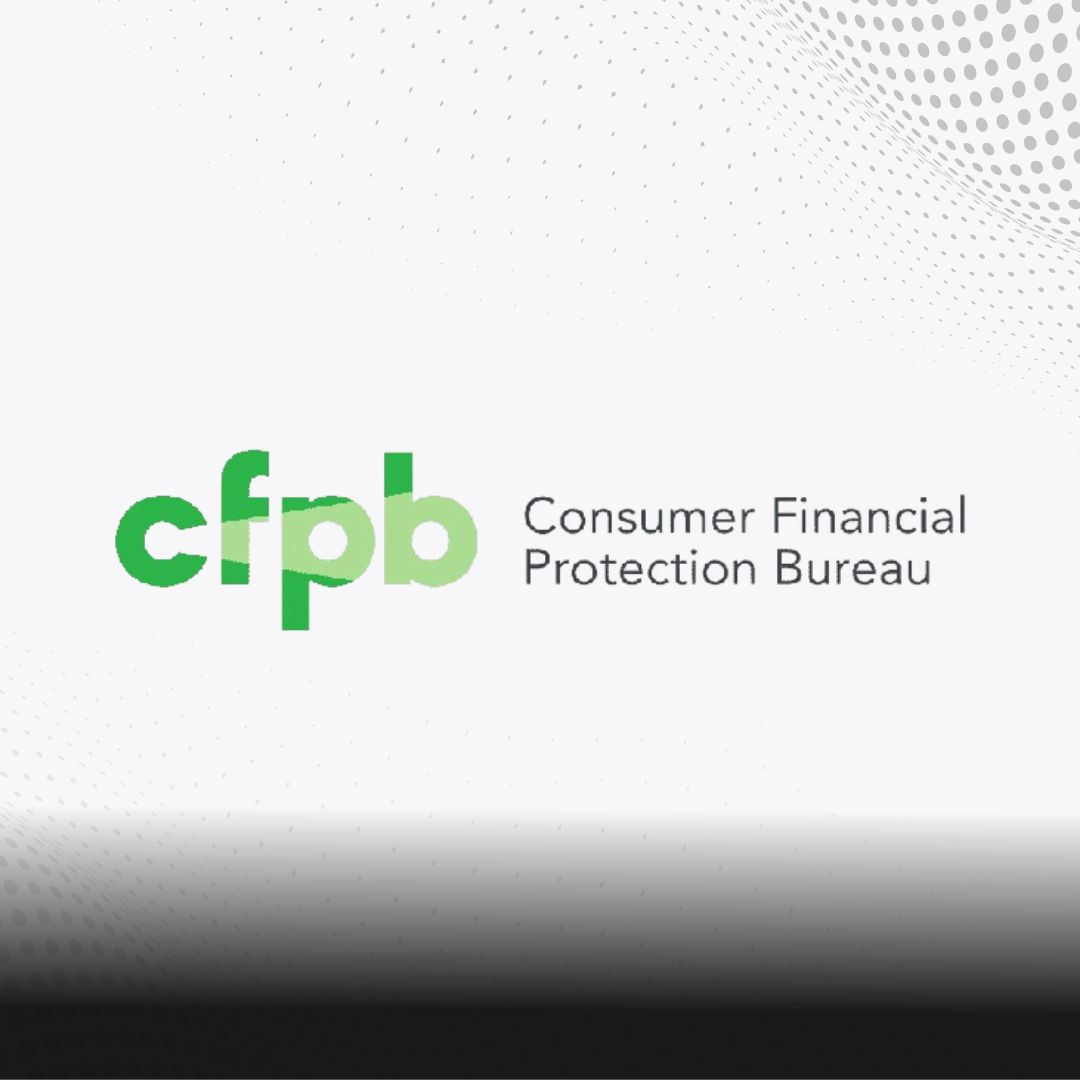
The US Consumer Financial Protection Bureau (CFPB) has tightened its grip on the booming Buy Now, Pay Later (BNPL) industry, classifying BNPL lenders as credit card providers and requiring them to comply with key consumer protection regulations.
This move comes after a three-year investigation by the CFPB. The new rules, outlined in an “interpretive rule” issued this week, focus on empowering consumers with dispute resolution mechanisms and ensuring transparency.
Key Consumer Protections for BNPL Users:
- Dispute Resolution: BNPL firms must now establish a process for investigating customer disputes regarding charges and facilitate refunds for returned products purchased with BNPL loans. This mirrors the existing system for traditional credit card transactions.
- Refund Rights: The ruling emphasizes that consumers have the right to receive refunds for returned merchandise bought using BNPL financing.
- Regular Statements: BNPL providers are required to issue periodic billing statements that resemble those provided by credit card companies.
The CFPB cites concerns about potential “chaos” for consumers if these protections are not extended to the BNPL sector, given a report suggesting that over 13% of BNPL transactions involve product returns or payment disputes.
Public Input and Long-Term Goals:
The CFPB is actively seeking public comments on the new ruling until August 1st, 2024. This indicates a desire for ongoing refinement and a commitment to ensuring the effectiveness of these regulations.
Rohit Chopra, Director of the CFPB, emphasized the potential risks associated with BNPL, including “overextension and excessive debt accumulation.” He highlights the ruling’s role in “making clear how the agency would apply longstanding law and regulation to this popular form of credit.” This suggests a broader effort to bring the BNPL industry under the umbrella of established consumer protections for credit products.
By requiring BNPL providers to adhere to these new regulations, the CFPB aims to create a more balanced playing field for consumers and ensure a more responsible and transparent BNPL marketplace.




